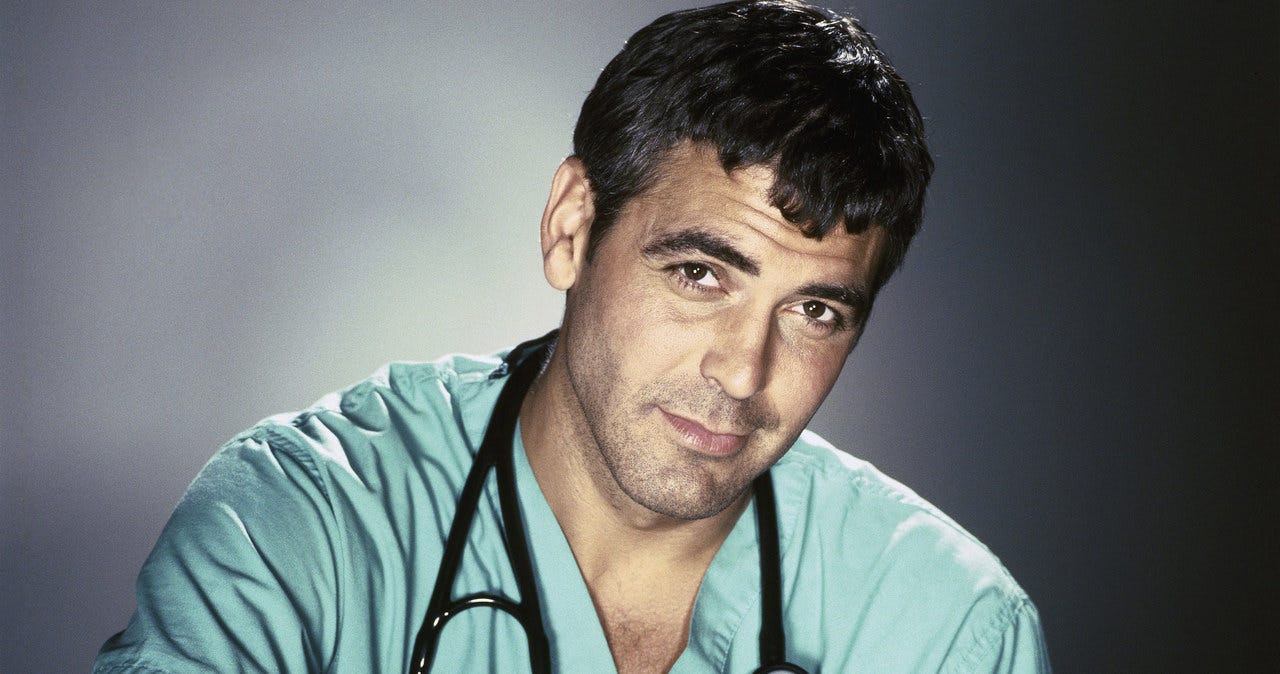What we don't know that we don't know
Welcome to the next week!
I’ve got good news and bad news for you today. The good news is that I no longer have the flu; the bad news is that it evolved into pneumonia… So, because of that, I have other news that could be good or bad, depending on how you look at it: it’ll be quick today. But I’ll try not to make it shallow!
I had a weird thought on Friday, right after leaving the hospital. I went there because I had complications from my flu. Scratch the details; let’s say they were looking pretty severe. My doctor sent me there to double-check her diagnosis.
I spent over 5 hours in the hospital, going through several medical treatments. In the end, it appeared that the initial diagnosis was right: pneumonia. I was released home with the note that prescribed antibiotics should be good enough.
And here we’re coming to my weird thought.
I was impressed by how I was treated. I was informed of what was happening at each stage, why, and what was next.
That gave me trust, that people knew what they were doing and that I was in good hands, but the weird thought was: but do I?
How do I know that I know? How do I know that I don’t know?
It reminded me of my other discussion with my Grandpa. We were watching some political debate when the TV signal went down. My Grandpa, in anger, said that it must “have been our prime minister acting not to let us see his opponent in the upcoming elections.”
I, of course, said, “Grandpa, I don’t like him either, but that’s just technical issue”, and I got the answer: “But how do you know, can you prove that’s not him?”.
And, well, I couldn’t say that I know that for 100% and I could prove that.
Common sense, aye? Actually, not, it can lead to multiple thinking issues like:
if something is not good, then it’s bad,
if something is not bad, then it’s good,
we can only judge decision by the outcome of it,
we can never judge decisions, because we never know,
etc.
Or the worst of the worst: “Challenge status quo!”.
Just like I didn’t know that our ex-prime minister turned off signal in my TV, I didn’t know that the decision made by doctors was actually right. Should I challenge the status quo and not take antibiotics? There is a place for such people: it’s called a cemetery.
So how do I know that I know, or how do I know that I don’t know? How to find the middle ground?
The first thing is to realise that we may be wrong and start to think about what to do about it. I wrote on it longer in The risk of ignoring risks.
The second is to differentiate decision from outcome.
Just like in Poker, we should calculate the odds and consider the risk of decision-making. In Poker, we can have the best situation, but the chance is never 100% that we’re right. If we see that we have, e.g., 90% of the chance to win looking at our hand and cards on the table, then making a specific decision can be right, but the outcome may still be a lost game. Those 10% can be enough if we have bad luck.
And in reality, we can have bad luck. But that doesn’t invalidate our decision, as in 9 of 10 cases, we’d be right. Should the random outcome invalidate our decision?
But okay, how do we know it’s 90%? It’s statistics based on the data we gathered throughout the game.
In our system design, that’s the homework we’re doing through preparation:
modeling,
design,
challenging our design with our stakeholders and peers,
proof of concepts,
validations,
simulations,
etc.
So that’s what I get in the hospital. Even though I ended up with the same diagnosis as I would have without it, it was much more backed with evidence and trustworthy.
And now the bonus point.
Remember that style matters. Someone can make bullshit sounds reasonable, and someone can’t make a great idea sounds tempting. It’s not enough to be right. You need to be persuasive.
Quite often, our goal as engineers or architects is to contribute to the general business plan focused on technical analysis. Too often, the final decision is made by people who have no idea if we’re right or wrong. They don’t know what they don’t know.
That’s a responsibility on us to prepare and to build trust in our professionalism. That’s why we need to learn to talk to other people involved in the process. Explain to them what’s happening, why and what’s next.
If we try to follow that, the chance that our ideas will be accepted grows.
And folks, please, do our homework, and make our idea be closer to hospital analysis than conspiracy theories. Or licked finger and the wind technique.
And folks, most importantly, stay healthy, that’s much more important than our work.
Cheers!
Oskar
p.s. Ukraine is still under brutal Russian invasion. A lot of Ukrainian people are hurt, without shelter and need help. You can help in various ways, for instance, directly helping refugees, spreading awareness, and putting pressure on your local government or companies. You can also support Ukraine by donating, e.g. to the Ukraine humanitarian organisation, Ambulances for Ukraine or Red Cross.



https://creator.nightcafe.studio/creation/A0JX8KYG6rJYFS9X6PyN
Epitaph: I never Vaxed so I died young & pretty (sick)